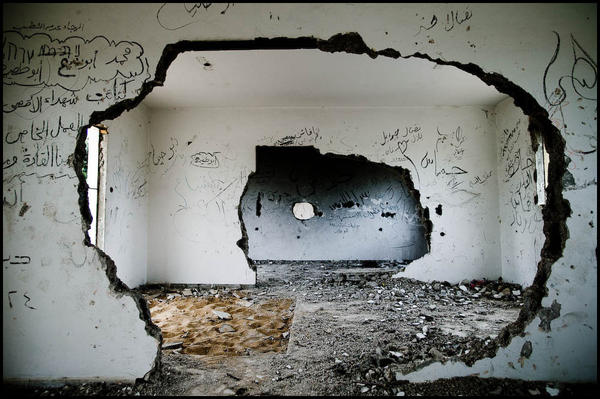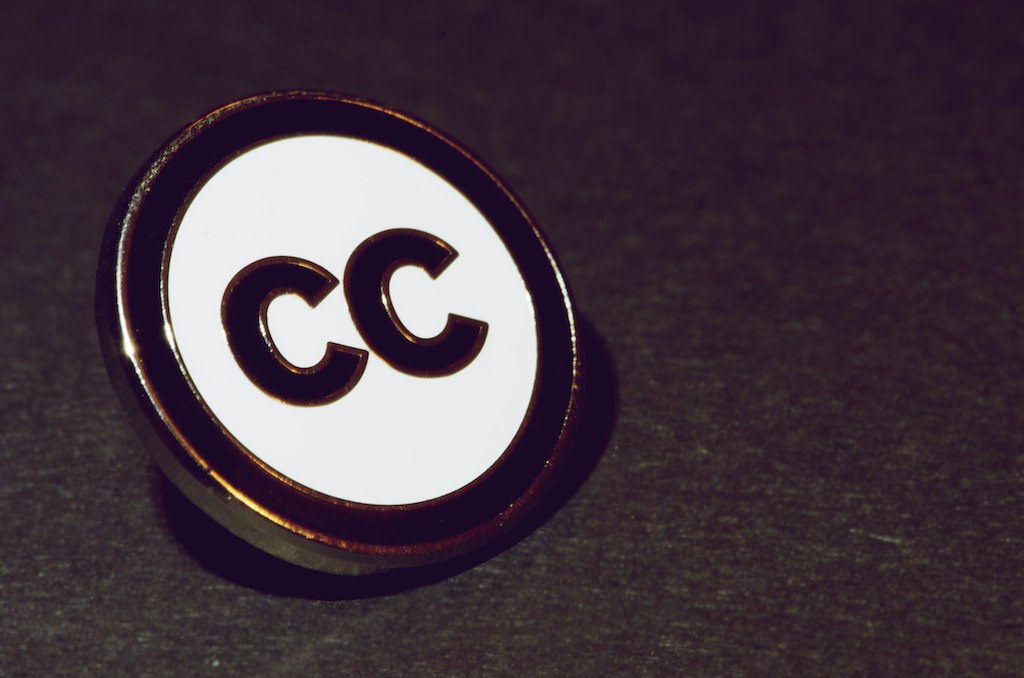Top image photo credit: Kalexanderson. Used under Creative Commons license.
As Creative Commons licenses become more of a rule than an exception, the nonprofit organization behind them continues to push sharing through free legal tools and community building. One such effort, Team Open, culls stories of creative commoners from around the globe who use Creative Commons licenses to create a better the world.
Team Open shared five creative commoners and their world changing projects with us recently. Check out some of the best Creative Commons projects from 2013:
Thanks to the work of Kasyoka Mutunga, a 19-year old law student, and Simeon Oriko, a 24-year old developer, high school students across Africa are developing solutions to local problems by tapping the well of global knowledge via Twitter, YouTube, and other open education resources. It's all part of an after-school program through the School of Open initiative that relies heavily on Creative Commons licenses and that, ultimately, involves the students doing their own remixing, revising, and sharing.
As Mutunga noted, “To most people, CC is a legal tool — this thing that [builds on] copyright. But when you actually go out in the field and you see it influencing students’ lives (and me personally), it stops becoming a legal thing. It becomes an instrument that people are using to advance themselves. It’s not just a legal thing that was invented in an ivory tower; it is actually changing lives. It’s huge.”

Photo credit: fatllama / Foter.com / CC BY-NC-SA.
In another education project, a group of science teachers has integrated open source software and courses licensed under Creative Commons to give students remote access to lab equipment so that they can perform experiments virtually. The educators fall under the North American Network of Science Labs Online (NANSLO) umbrella which covers a number of schools in the U.S. and Canada.
NANSLO's Lab Director Daniel Branan noted, “Having this project openly licensed as an upfront condition takes the stress off of all of us. It sets the stage nicely so that everyone knows that everything will be open for sharing. That lowers a lot of barriers.” And that is a huge boon to a program aiming to engage “low-income, first generation college students who are at risk of failing from completing their degrees or pursuing science-based careers due to challenges such as work and family obligations or living in rural areas that limit their access to traditional classes.”
As the founder and CEO of TeachAIDS, Dr. Sorcar oversees a team of international "experts in medicine, public health, and education to develop innovative, deeply researched, and culturally appropriate software for HIV/AIDS prevention around the world." While other groups are doing similar work, TeachAIDS makes their materials available to anyone and everyone — for free —under a Creative Commons Attribution-NonCommercial-NoDerivatives (BY-NC-ND) license. Doing so makes possible the dissemination of valuable information to millions of people who most need it in 15 different languages throughout more than 70 countries.
Dr. Sorcar noted, “The only reason people can use what we have is because of Creative Commons. They can make as many copies as they want, which they couldn’t do otherwise.”

Photo credit: Zoriah / Foter.com / CC BY-NC.
4. Ramzi Jaber
Bringing together elements of technology, research, social justice, and more, Visualizing Palestine (spun off from Visualizing Impact) uses hard data and visual elements to illustrate and educate the masses about issues surrounding the Palestine/Israel conflict. From the poor drinking water conditions in Gaza to the ongoing displacement of Palestinians, the project publishes stories in compelling and accessible forms in hopes that the general public might better comprehend the situation.
Visualizing Palestine's co-founder, Ramzi Jaber, explained, “The problem is, in our part of the world, there’s not much content creation — it’s appalling. It’s incredibly difficult to gather data, especially when it’s so opaque in the Arab world. … We want to be part of the ecosystem that uses tools like Creative Commons to stop discriminatory and racist policies against a community seeking equality and dignity.”
To show that Creative Commons is truly global, last year the World Bank instituted a new open access policy that covers all of their published materials and allows for both use and republishing of the Bank's the research. The Open Knowledge Repository has since issued more than 13,000 publications and established its foothold as a vital center for international economic scholarship and research.
Carlos Rossel, who serves as the World Bank's publisher and head champion of the initiative, boasted, “There have been over two million downloads since the launch of the repository. And the open access repository itself has been a benefit for authors, who can see how many times — and from where — their research articles have been downloaded.”
##
Please support Shareable! Watch the two-minute video below & donate to our crowdfunder.









